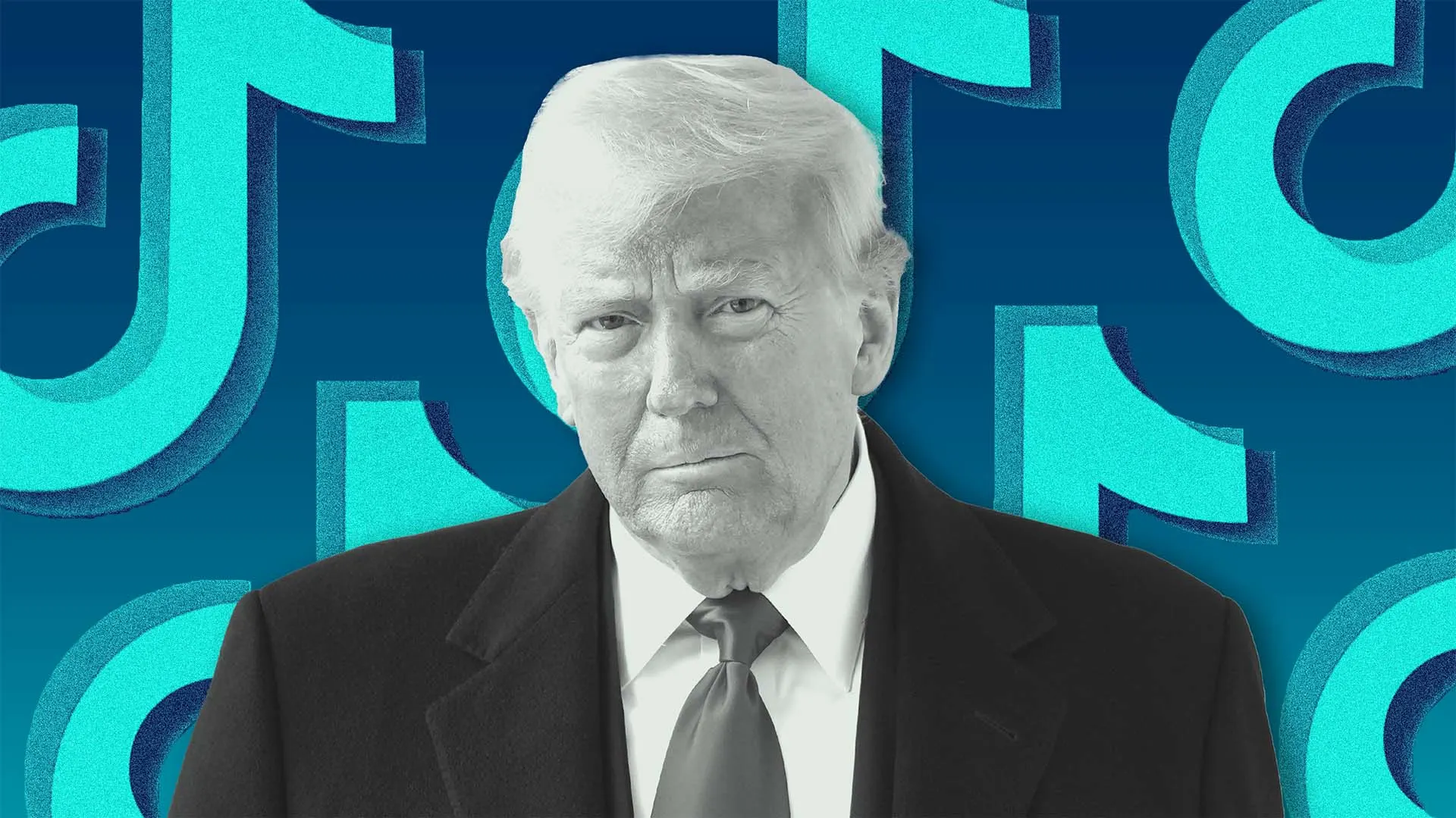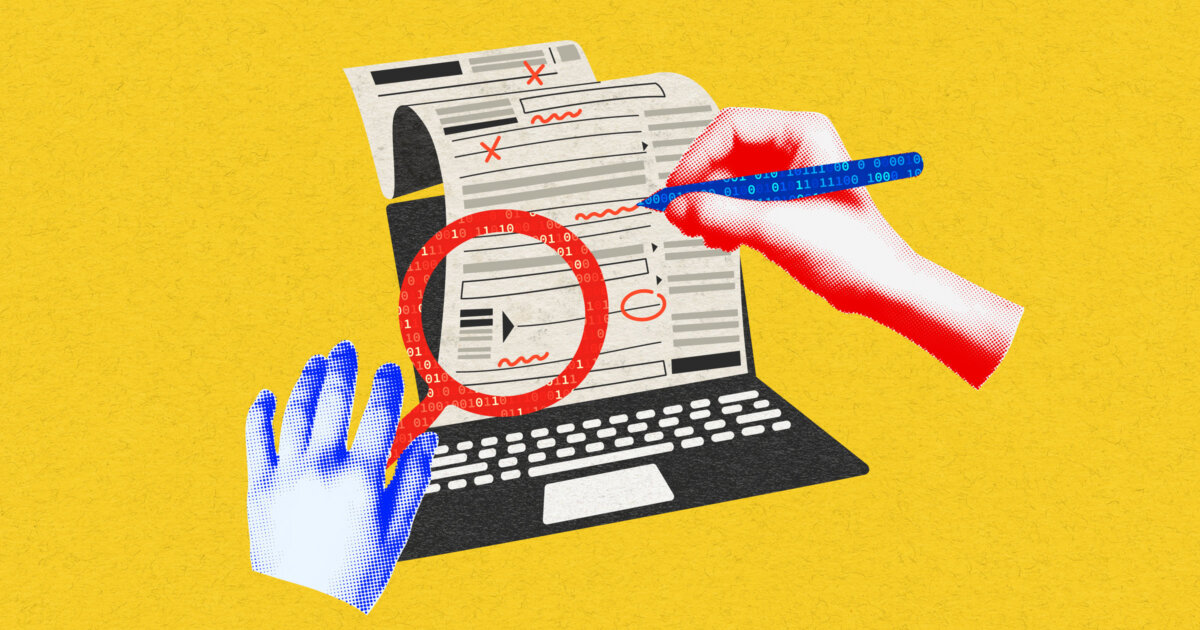What is de minimis? Trump is coming after this obscure tariff loophole that made Chinese goods cheaper
An overlooked executive order, crowded out by the administration’s new tariff schedule, could have big implications for relatively small imports. On Wednesday, Trump signed an executive order that ended “de minimis” treatment for small or low-value Chinese imports. That’s as Trump’s team is pushing ahead to close the trade loophole that has allowed certain goods from China to dodge tariffs. Trump had previously suspended the loophole in February and tasked the Commerce Department with putting together a more comprehensive plan. Now that the loophole is closed, there could be many implications for Chinese retailers that specialize in selling inexpensive goods to American consumers—companies like Temu or Shein. Here’s what to know. What is de minimis? Under previous standards, imports with values of less than $800 were granted “de minimis” exemptions from tariffs. Effectively, that meant that companies specializing in selling cheap goods to American consumers could avoid existing tariffs and added duties. The phrase “de minimis” is Latin, and loosely translates to “minimal things.” As it relates to tariffs, it basically boils down to a translation of, “tariffs don’t apply to relatively small imports.” The “de minimis” rule had existed under U.S. tax law, but small shipments and imports utilizing the loophole have increased significantly in recent years, which caught the attention of regulators—and Trump. In fact, the number of shipments has more than doubled since 2018. Trump’s executive order claims that the loophole’s closure has to do with imports of drugs or drug-producing compounds. “President Trump is targeting deceptive shipping practices by Chinese-based shippers, many of whom hide illicit substances, including synthetic opioids, in low-value packages to exploit the de minimis exemption,” the White House said. What does it mean for consumers? Closing the loophole likely means higher prices for American consumers, and a potential knockout blow to Chinese retailers who have exploited the loophole in recent years. That could potentially make American retailers more competitive. Forever 21, which recently filed for bankruptcy protection and announced that it was closing all of its U.S. stores, blamed part of its faltering on Chinese rivals like Shein and Temu. So the trade-off appears to be that American retailers may be more competitive, but that consumers will likely pay higher prices.

An overlooked executive order, crowded out by the administration’s new tariff schedule, could have big implications for relatively small imports. On Wednesday, Trump signed an executive order that ended “de minimis” treatment for small or low-value Chinese imports.
That’s as Trump’s team is pushing ahead to close the trade loophole that has allowed certain goods from China to dodge tariffs. Trump had previously suspended the loophole in February and tasked the Commerce Department with putting together a more comprehensive plan. Now that the loophole is closed, there could be many implications for Chinese retailers that specialize in selling inexpensive goods to American consumers—companies like Temu or Shein.
Here’s what to know.
What is de minimis?
Under previous standards, imports with values of less than $800 were granted “de minimis” exemptions from tariffs. Effectively, that meant that companies specializing in selling cheap goods to American consumers could avoid existing tariffs and added duties.
The phrase “de minimis” is Latin, and loosely translates to “minimal things.” As it relates to tariffs, it basically boils down to a translation of, “tariffs don’t apply to relatively small imports.”
The “de minimis” rule had existed under U.S. tax law, but small shipments and imports utilizing the loophole have increased significantly in recent years, which caught the attention of regulators—and Trump. In fact, the number of shipments has more than doubled since 2018.
Trump’s executive order claims that the loophole’s closure has to do with imports of drugs or drug-producing compounds. “President Trump is targeting deceptive shipping practices by Chinese-based shippers, many of whom hide illicit substances, including synthetic opioids, in low-value packages to exploit the de minimis exemption,” the White House said.
What does it mean for consumers?
Closing the loophole likely means higher prices for American consumers, and a potential knockout blow to Chinese retailers who have exploited the loophole in recent years.
That could potentially make American retailers more competitive. Forever 21, which recently filed for bankruptcy protection and announced that it was closing all of its U.S. stores, blamed part of its faltering on Chinese rivals like Shein and Temu.
So the trade-off appears to be that American retailers may be more competitive, but that consumers will likely pay higher prices.






























































































![Building A Digital PR Strategy: 10 Essential Steps for Beginners [With Examples]](https://buzzsumo.com/wp-content/uploads/2023/09/Building-A-Digital-PR-Strategy-10-Essential-Steps-for-Beginners-With-Examples-bblog-masthead.jpg)



![How One Brand Solved the Marketing Attribution Puzzle [Video]](https://contentmarketinginstitute.com/wp-content/uploads/2025/03/marketing-attribution-model-600x338.png?#)






![How to Use GA4 to Track Social Media Traffic: 6 Questions, Answers and Insights [VIDEO]](https://www.orbitmedia.com/wp-content/uploads/2023/06/ab-testing.png)































